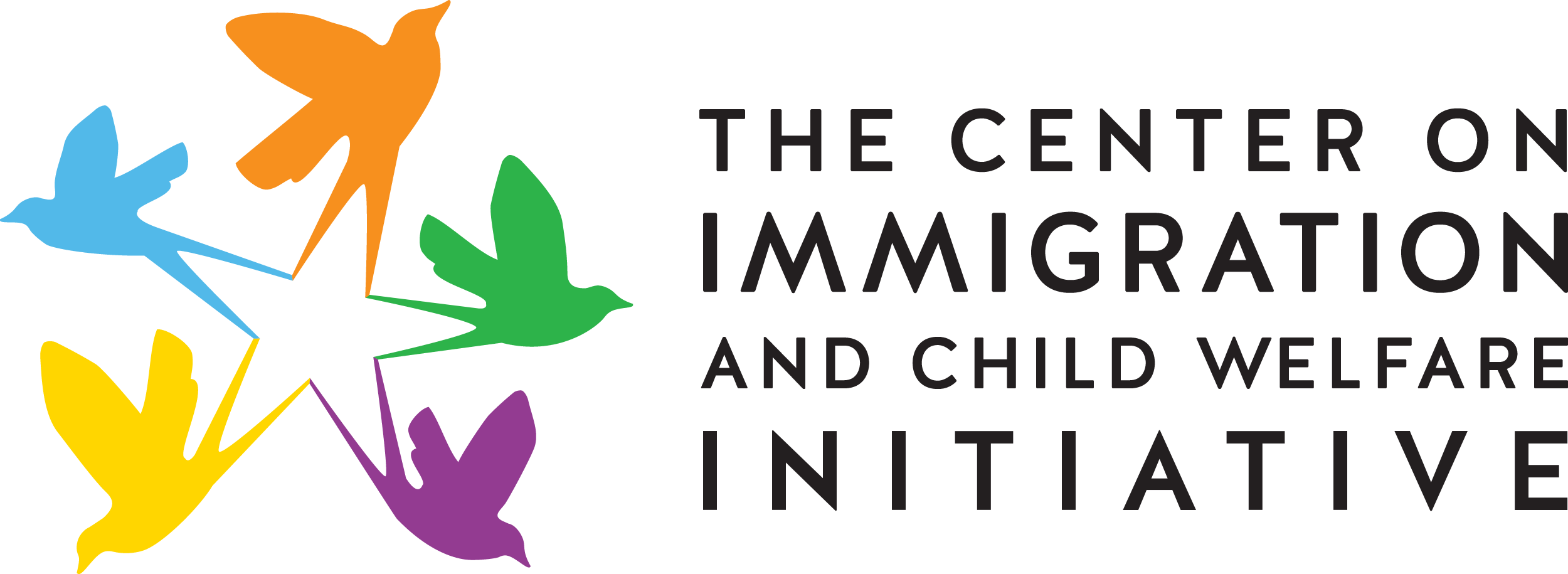The 2018 Edition of the Early Childhood Workforce Index: Tracking Changes in State Workforce Conditions and Policies since 2016
Foundation for Child Development (July 2018)
In 2016, the Center for the Study of Child Care Employment (CSCCE) at University of California at Berkeley created the Early Childhood Workforce Index to shed light on the status of the workforce and to establish a baseline understanding of State early childhood employment conditions and policies in order to strengthen support for the early care and education (ECE) workforce. CSCCE recently released the second edition of this biennial report, which provides a comprehensive update on the progress, or lack thereof, made by States to improve ECE workforce conditions and policies since the inaugural edition in 2016.

